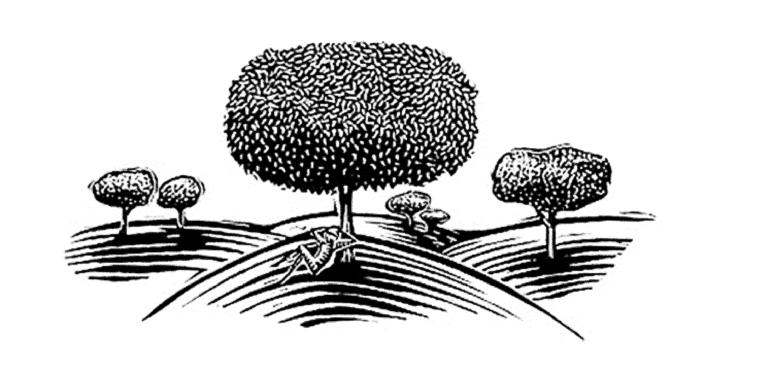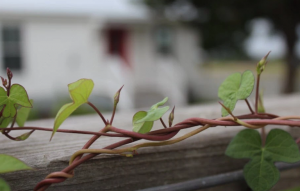When it comes to my fourth essay, the teacher proposed the idea to choose a topic that was unfamiliar to me. Although I know just a little about fracking, I have not the slightest clue about the underlying details that make it controversial. Fracking has been prevalent in today’s politics, since I’m a follower of the democratic candidate, Bernie Sanders, and he is very against fracking, I wanted to know more about why he was so against it. I feel it’s important to know everything about who your voting for, and if I can learn about fracking, as well as turn it into a grade for English, I feel like I’m killing one bird with two stones.
I was asked to narrow down a certain detail of fracking that made it bad or good. I have a couple ideas in my head for what I could focus on, such as ‘Does it contaminate water supplies’ or ‘Are the chemicals used in fracking harmful to the public’. Although everything pretty much revolves back into each other, I would like to stick towards pointing out the harmful nature it has towards the public and our environment. This is also an opportunity to see what other people think about it as well, I would love to see what they have nice to saying about it.

